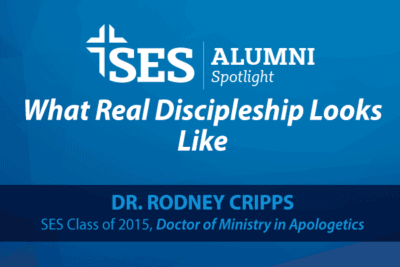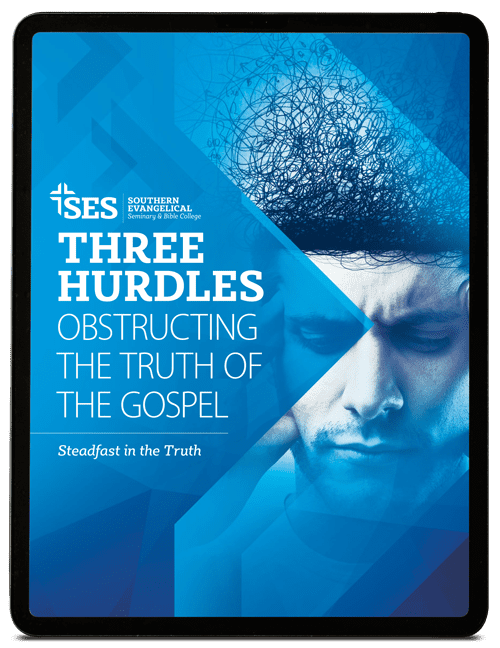By Gerard Figurelli,
How should we answer the perennial question regarding the relation of “Jerusalem” and “Athens” as it pertains to the use of philosophy in the local church? At this year’s National Conference on Christian Apologetics, my presentation titled “Philosophy, Theology, and the Local Church” will address this important question. From the pastoral level, where God’s people are to be equipped and edified for the work of ministry, this question is especially acute. On the one hand, the pastor of a conservative Bible church (“Jerusalem”) might be tempted to ignore as irrelevant or even condemn “heathen” philosophy altogether, often through righteous-sounding appeals to Colossians 2:8 and 1 Corinthians 2:1-2. On the other hand, a pastor who has been trained to understand the indispensable historical value of philosophy regarding the development of Christian doctrine or to see the unavoidability of philosophical reflection in evangelism, apologetics, and theology, may, if he is careless, find himself too often preaching “Athens” rather than the Christ.
As a personal beneficiary to of Southern Evangelical Seminary’s rigorous approach to philosophical apologetics and having since served for several years in full-time pastoral ministry, I will contend that philosophy is not a subject we can or should avoid in our preaching and teaching, but ever remains the handmaiden to good Christian theology. In this seminar I will show how serious reflection on critical Christian themes, such as creation, the Trinity, the Person of Christ, apologetics, and the problem of evil requires, to borrow from C.S. Lewis, that we employ good philosophy, if for no other reason than to answer bad philosophy. However, this must be balanced with a distinctly pastoral approach, stressing the centrality of the Word of God as the “entry” point for preaching and teaching that engages the local church in the adoration and worship of Christ our Lord, as well as encouraging deeper philosophical reflection on matters of theological importance to all believers.
Thank you for reading, and I look forward to seeing you at this year’s National Conference on Christian Apologetics.
Gerard graduated summa cum laude from Southern Evangelical Seminary in 2005 with a Master of Arts in Apologetics (concentration in philosophy). He continued his education, and pursued a Master of Arts in Church-State Studies









